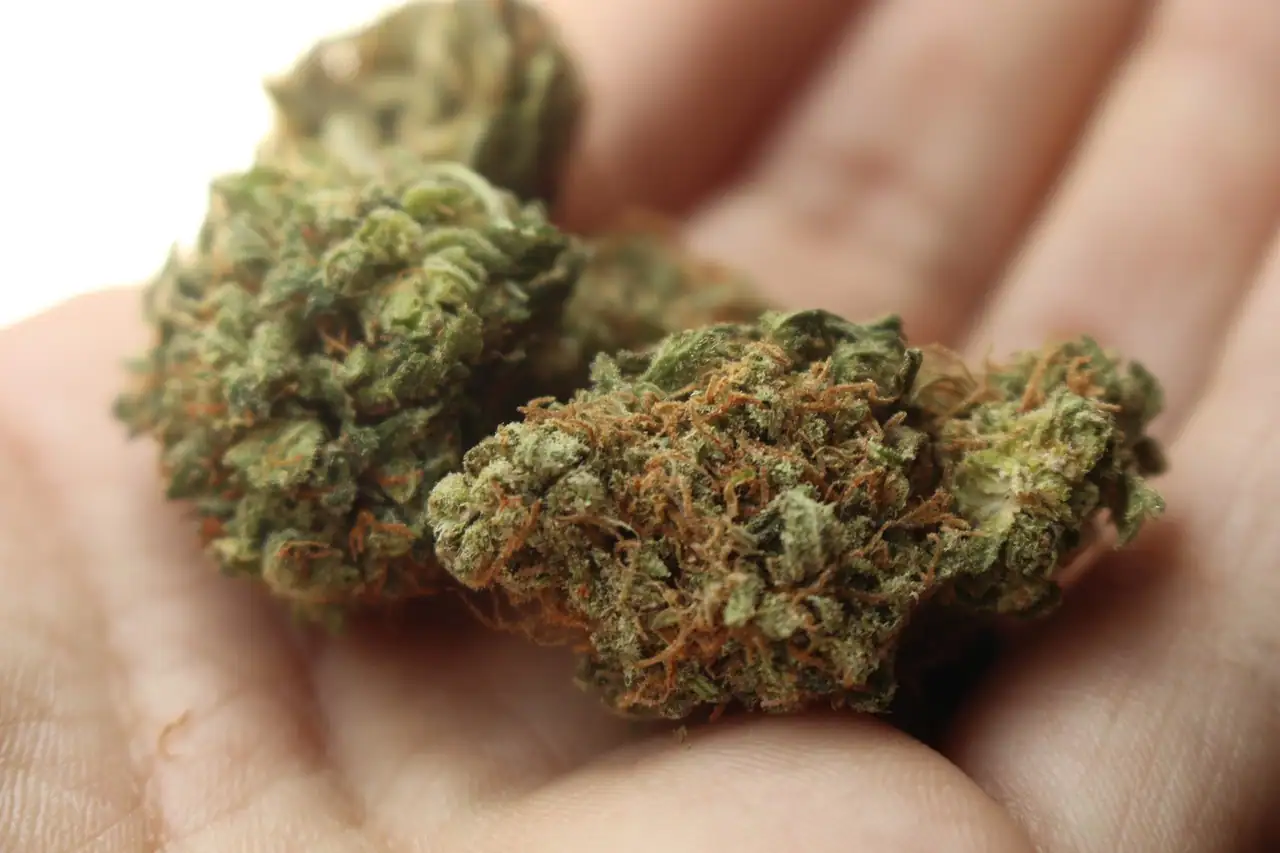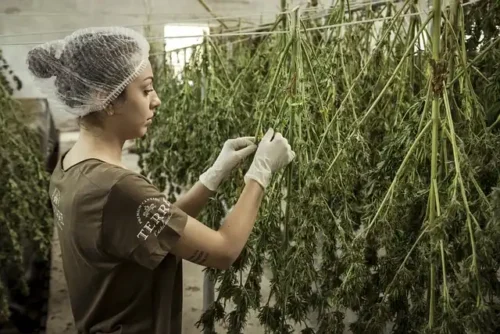
3 Economic Benefits of Marijuana Legalization in Oklahoma
Oklahoma’s recent addition to the many states legalizing medical marijuana came after a hard-fought battle by cannabis proponents. The law took effect on June 26, 2018, and the state has spent the time since then establishing a framework for users, distributors, doctors, and law enforcement. In this article we will discuss about economic benefits of legalizing marijuanas in Oklahoma.
The attempt to pass State Question 820 on March 7, 2023, legalizing recreational weed was not as successful. Over 60% of the state voted against this law, and medical marijuana continues to be the only way to buy and sell cannabis in the Sooner State.
Still, opponents of general marijuana use understand the necessity and advantages for those with debilitating health conditions. If you have a medical marijuana card, you can head to any licensed cannabis dispensary (find a list here) to buy controlled amounts of marijuana.
The proceeds of those sales help the whole state, as seen in the following three economic benefits of legalizing marijuanas in Oklahoma’s current legal marijuana programs.
1. More Jobs
States with legal recreational and medical marijuana laws see billions of dollars in revenue each year from those sales. Oklahoma’s rejection of the Adult Use weed law cuts much of that potential, but medical cannabis is lucrative itself, and it has created thousands of new jobs.
Medical marijuana is subject to state sales tax and excise taxes. This money goes mostly toward funding the Oklahoma Medical Marijuana Authority (OMMA), established in 2018 as the regulatory agency for the state’s MMJ program.
OMMA determines the framework for residents and visitors to follow the state’s laws on cannabis. It’s an independent state agency that controls commercial and patient applications and license processing. Running OMMA requires substantial staff and people to train them.
In addition to the legal side, the state needs people to work in dispensaries, grow and cultivate government-approved plants, and handle the healthcare side. Studies show that legalized cannabis has already created millions of jobs across the country, projected to grow even more. About 20,000 residents of Oklahoma are included among these numbers.
2. Better Health Programs
State and excise taxes are only part of the money collected through medical marijuana. Patients must submit fees for applications and licenses. Physicians pay taxes on the income they bring in from MMJ business. This revenue funds OMMA, but it does so much more.
Any excess revenue over OMMA’s budget is split into two parts. The general revenue for the state directly receives three-quarters of this excess, which is to be spent on public education.
The other quarter goes to Oklahoma State’s Department of Health for better, expanded drug and alcohol rehabilitation and prevention programs. Marijuana is addictive and can be dangerous, and current and potential users need education on the possible side effects. However, cannabis can also replace opiates and other much more addictive and deadly drugs. Physicians and patients need the training to switch medications safely. Marijuana tax revenue helps pay for these and many other health programs.
Sales tax revenue pays for local and state government needs. It doesn’t go to OMMA.
3. Wish Lists
Despite designating recreational marijuana funds for various wish list projects, the “no” vote does not eliminate the possibility of considering these wish lists.
Government proponents of legal recreational cannabis argued that the excise and sales taxes could provide funding for important sectors that face ongoing budget cuts. Some of these programs include public schools, local governments, substance abuse treatment centers, courts, and the general revenue fund for Oklahoma.
Those in favor of the law point to Colorado and other states as references. 100% of Colorado’s marijuana revenue goes toward its public schools, as does most of the cannabis revenue in Nevada, Oregon, and New York State.
Oklahoma didn’t pass the recreational bill, but those programs continue to need funding. With continued government budgeting adaptations, medical marijuana revenue could be a significant boost to much-needed state-funded sectors.
Conclusion
The recreational cannabis law was shot down, but medical marijuana continues to make waves in Oklahoma. The revenue from these sales more than pays for the programs required to run OMMA, and the whole state benefits from the funds in various ways.
As long as you have a medical marijuana license, you can receive the therapeutic health effects of this popular plant. And now that you know where your money goes, it may be a little easier to pay those taxes.


